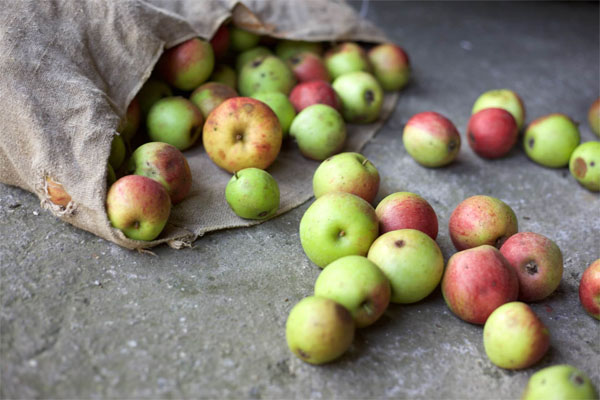
@ Filmbetrachter
There are different types of initiatives to recuperate unsold food and raise awareness for this practice. For example: Fruta Feia (Portugal) sells products considered ‘ugly’, Last Minute Market (Italy) and SIRPLUS (Germany) sell food surplus, and GoodAfter (Portugal) sells products after their recommended consumption date, but which are still edible. These projects can be commercial startups and companies or social enterprises operating with volunteers. Some projects combine environmental with social objectives, distributing food to disadvantaged people or selling it at a symbolic price, such as REFOOD (Portugal) and Disco Soupe (France). Other projects, such as Culinary Misfits (Germany) and Stop Food Waste (Ireland), have a more educational purpose.
Country:
International (examples: Italy, Portugal, France, Germany)Target Group:
People with fewer opportunities, facing economic, social and cultural obstaclesDifficulty level:
Organizing: Medium/DifficultWhy?
Food waste in the supply chain can occur through food losses in the production phase, from unsold surplus in the supermarkets or because the products (specially fruit and vegetables) are discarded based on their size, color and shape or are simply not sold in time. In the EU, each person generates on average 173 Kg of food waste every year . This has a huge environmental impact: food waste is responsible for 6% of total EU greenhouse gas emissions and means a waste of all the natural resources that were used during production, such as land and water. Food waste is also ethically problematic given the fact that there are millions of people who cannot afford quality food.
How youngsters can get involved
- Planning the collection of food and executing
- Cooking meals (if applicable)
- Redistributing or selling recuperated foo
Skills and Competences
How youngsters can get involved
Last Minute Market (Italy): https://www.lastminutemarket.it/english
Disco Soupe (France): http://discosoupe.org/
REFOOD (Portugal): https://re-food.org/
Fruta Feia (Portugal):https://frutafeia.pt/
GodAfter (Portugal): https://goodafter.com/pt/
Culinary Misfits (Germany): http://www.culinarymisfits.de/
SIRPLUS (Germany): https://sirplus.de/
Stop Food Waste (Ireland): https://stopfoodwaste.ie/






